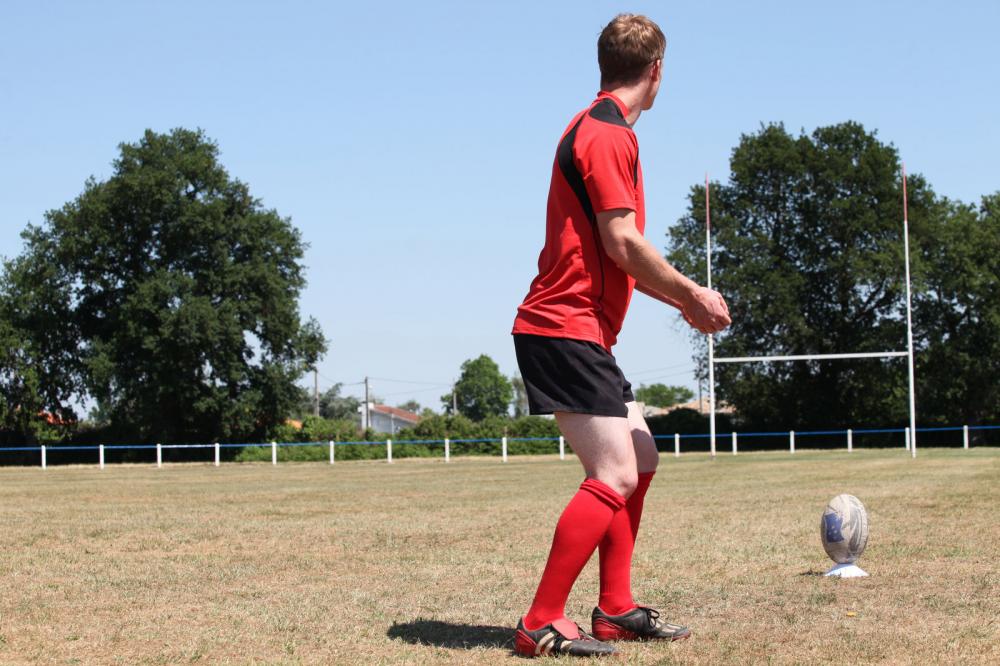Do You Need a Language Learning Time-Out?
 Do you think you need a language learning time-out? It's something that many language learners need at some point. There all kinds of reasons:
Do you think you need a language learning time-out? It's something that many language learners need at some point. There all kinds of reasons:
• The initial enthusiasm for learning a new language wanes.
• The app or program that was fun and interesting becomes boring.
• You don't reach your daily goal of learning X new words.
• You start skipping your language class, etc.
Setbacks happen, and the reasons are legion. But getting back on track doesn't have to be hard.
So, how can you rekindle your enthusiasm? Here's what has worked for me:
Take a Time-out
Put the books and the dictionary away. Turn off any reminders you may be getting from your online courses. This could be a few days or a couple of weeks.
Become aware of your thoughts about your original language “project.”
• What made you want to learn your new language in the first place?
• Has anything changed?
• Are you still looking to study or work abroad?
• Do you still want to converse with foreign language friends or family members in their language?
• Are you still planning a trip to the country or a region where the language is spoken?
If the main reason you started learning the foreign language is still valid, then it's time to look at your study goals.
Review and Adjust Your Practice Goal
Did you set yourself a too ambitious practice goal? Did language learning consume too much of your spare time? How much daily study time is enough? It's a good question that only you can answer for yourself. 
Forcing yourself to cram a lot of new foreign vocabulary every day is not only tiresome, it's also not very effective. That's especially true if you're preparing for a test or exam. Various studies have shown that a relaxed mind can learn languages faster.
You could try a more modest and attainable short-term goal, for example 15 minutes a day for 21 days. See how that works. Then set a new goal.
Rather than just studying and practicing, you should plan to include other language-related activities, e.g. watching a foreign movie or video, reading a foreign newspaper article online, reading comics, children's books, etc.
But before you re-start your learning program, you could learn from other language learners.
Get inspired by Blog Posts, Books, Ted Talks, YouTube Videos, etc.
A little extra inspiration can never hurt. Learning foreign languages is a topic that is generating many blog posts and books.
Polyglot Benny Lewis is well known for his “Fluent in 3 months” Blog and book. Or watch his Tedx Talk Hacking language learning where he talks about how he learned 10 languages after the age of 21. He claims that adults are better language learners than children.
 Or have a look at Gabriel Wyner's book, Fluent Forever, which is already a classic.
Or have a look at Gabriel Wyner's book, Fluent Forever, which is already a classic.
A YouTube video that's fun to watch is the interview of Alex Rawlings on the program BBC Breakfast (see picture left). At 20, he won a national competition to find the UK's most multi-lingual student.
And if you google “foreign language learning” or join a Reddit language group for your target language, you'll discover many inspiring ideas and tips.
Or, if you have done all of this BEFORE you started on your language learning journey, read some of the posts or books again. You're sure to discover new insights that you may have missed earlier!
Then, armed with these new insights, take a fresh look at your learning and practice tools.
Try out Different Apps, Online Programs, or Tutors
This is key: To get your enthusiasm back, you need to find resources that engage your interest and motivate you to continue learning and practicing.
If you're so inclined, you could use some of your time-out to get a taste of other apps or online programs. You could even schedule a couple of trial lessons with new tutors.
What works for me is using a number of different online programs just for variety.
For example, for Spanish, I play our Spanish Quick Language Games, and listen to our Spanish Podcasts, do a lesson of Lingualia, and review my Spanish Word list on Learn with Oliver.
 Recently we discovered LanguageZen (click on the link for our review), and I have been using it a lot for translating sentences.
Recently we discovered LanguageZen (click on the link for our review), and I have been using it a lot for translating sentences.
In the evening, just before going to sleep, I often read a few pages of a Spanish novel.
And no, I don't use ALL of them every day, but at least ONE of them every day.
I always find that when trying out a new online program - as I'm currently doing with LanguageZen - it rekindles my enthusiasm for the language I'm learning.
And sometimes when you change your online tutor - as my wife did recently with iTalki - it provides a new impetus.
When you have reviewed, maybe adjusted your goals, got inspired by the experiences from other learners, settled on your learning and practice tools, it's time to continue with your language learning project again.
The Daily Habit
No matter what you want to become proficient in: math, reading, yoga, karate, basketball shooting, writing, meditation - the key seems to be, any way you google it: “daily, steady practice.”
I recently came across a great Twitter post: "It's literally impossible to do no progress in a language if you practice regularly. Just because you can't always measure the progress, doesn't mean it's not there." (Kévin Abroad | Youtube, Portuguese/French teacher and plyglot YouTuber.)
Keeping Your Enthusiasm Alive
Daily language “practice” – and I don't mean only lessons, but any activity which engages you with your target language - will improve your proficiency a little every day.
Eventually that will show up big time, when you are able to read a foreign novel, understand the dialogues in a foreign movie, or participate in a conversation in your target language.
Steady practice will strengthen your self esteem. It'll help you develop the discipline that could easily spill over into some of your other activities as well.
A time-out is the perfect opportunity to decide and plan which language habits to incorporate into your daily life.
While these habits may be different for every learner, they will be essential for making steady progress in your target language.
And feeling that you are making progress will keep your enthusiasm alive.
Bio: Peter Rettig is the co-founder of Gamesforlanguage.com. He is a lifelong language learner, growing up in Austria, Germany, and Switzerland. You can follow him on Facebook, Twitter and Instagram, and leave any comments with contact.
Disclosure: Several links above are to sites with revenue-sharing arrangements should you decide to buy or subscribe.
